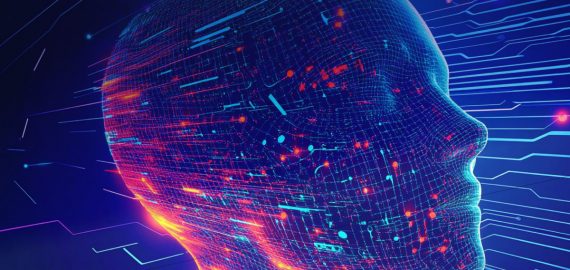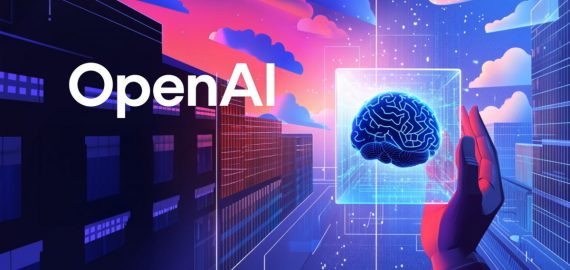Artificial Intelligence
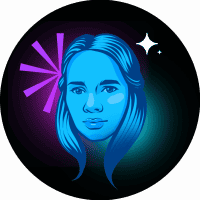
What is Artificial Intelligence?
Artificial Intelligence, popularly known as AI, is the simulation of human intelligence in machines, as opposed to natural intelligence that is present in animals and humans. AI research has become a field of study in 1956 at Dartmouth College, and it allows computers to acquire new knowledge and apply it. While currently existing AI is considered “narrow AI” that is created to solve specific problems, artificial general intelligence, AI that thinks just like a human being, has also been in the works.
Machine learning describes exactly this ability of AI—computer programs are able to learn new concepts from data they are fed without human intervention and adapt based on what they learned.
There are five different types of artificial intelligence when it comes to its use: interactive AI (chatbot), functional (Internet of Things solutions), Analytic (risk assessments, sentiment analysis), text AI (speech-to-text conversion), and visual (augmented reality).
AI application has become ubiquitous. To give you a sense of how widespread it is, let’s have a look at some of the use cases: advanced web search engines (e.g., Google, Bing), automated decision-making, automatic translations, autonomous vehicles and self-driving cars, recommendation systems and targeted advertising, virtual assistants like Siri and Alexa, and facial recognition.
It’s a very prolific field in constant development. According to World Intellectual Property Organization, AI was number one when it came to the number of patent applications and granted patents in 2019.
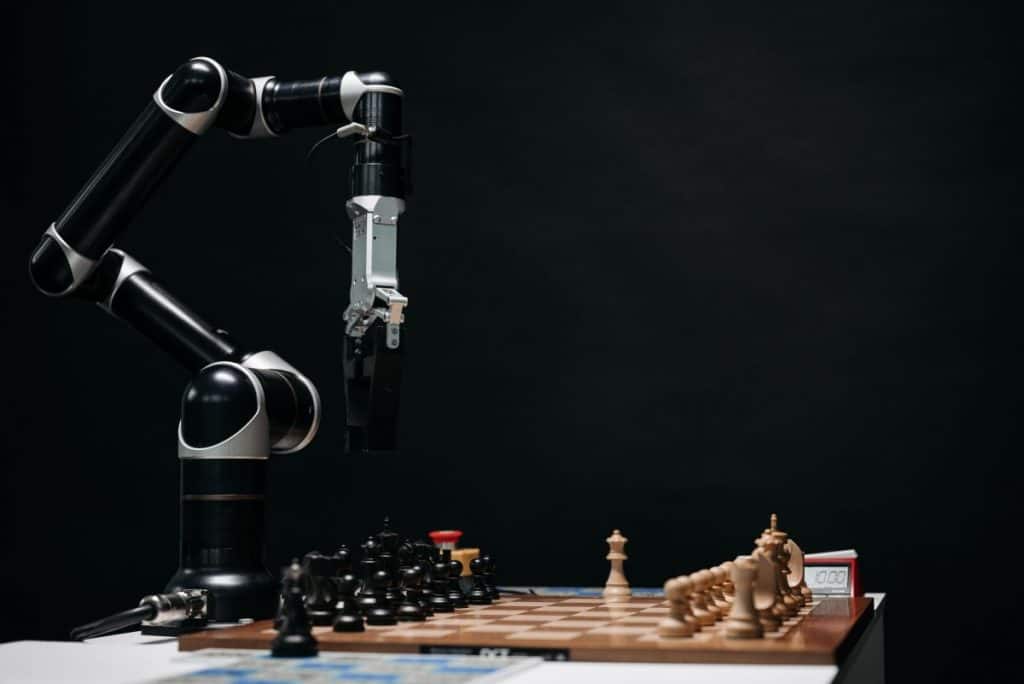
Understanding Artificial Intelligence
While AI was once defined as the mimicry of human cognitive skills, learning, and problem-solving, it’s now been changed—the key element became the ability to “act rationally,” according to AR researchers Stuart Russell and Peter Norvig.
Whenever people think of AI, they think of robots. However, there is so much more to AI than just machinery, and it’s unlikely the robot revolution Hollywood films are so keen on will happen anytime soon. However, the fear of the robot revolution and the concept of AI’s free will is prevalent in our culture to this day: The Space Odyssey, Do Androids Dream of Electric Sheep? (and its adaptation–The Blade Runner), Terminator, as well as in games like Detroit: Become Human.
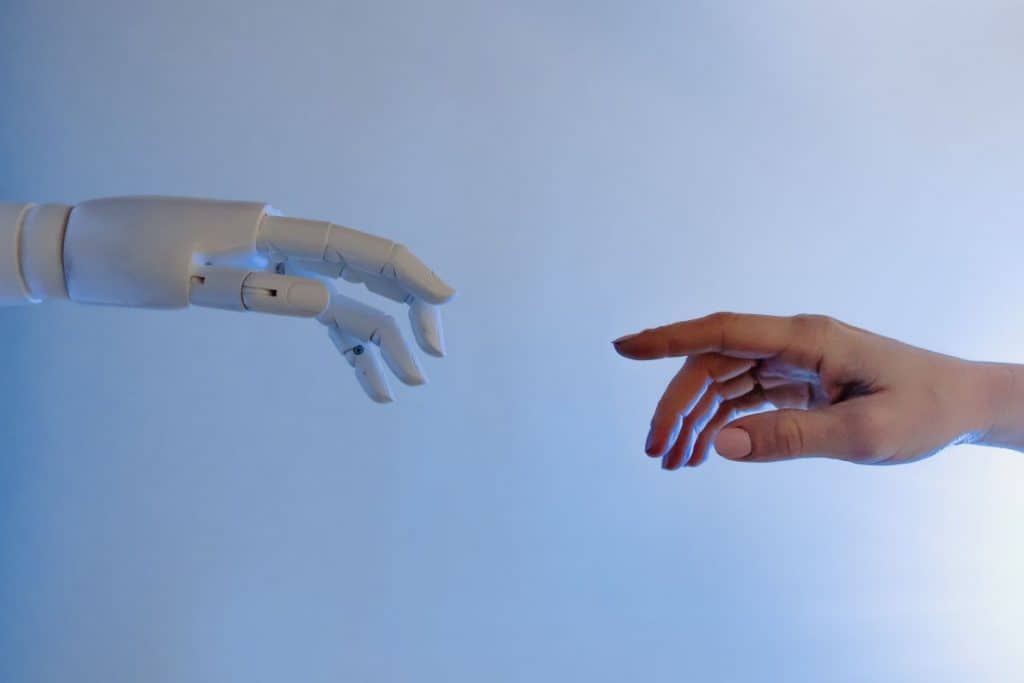
Many of these rely on the Three Laws of Robotics created by Isaac Asimov in his famous short story collection I, Robot. The most famous law is, “A robot may not injure a human being or, through inaction, allow a human being to come to harm.”
Even scientists like Steven Hopkins believe AI could pose danger to humankind. “‘So, facing possible futures of incalculable benefits and risks, the experts are surely doing everything possible to ensure the best outcome, right? Wrong. If a superior alien civilization sent us a message saying, ‘We’ll arrive in a few decades,’ would we just reply, ‘OK, call us when you get here–we’ll leave the lights on?’ Probably not–but this is more or less what is happening with AI.”
Read related articles:
« Back to Glossary IndexDisclaimer
In line with the Trust Project guidelines, please note that the information provided on this page is not intended to be and should not be interpreted as legal, tax, investment, financial, or any other form of advice. It is important to only invest what you can afford to lose and to seek independent financial advice if you have any doubts. For further information, we suggest referring to the terms and conditions as well as the help and support pages provided by the issuer or advertiser. MetaversePost is committed to accurate, unbiased reporting, but market conditions are subject to change without notice.
About The Author
Karolina is a writer and journalist with a background in literary studies. She loves exciting tech solutions and art, and NFTs are often a perfect amalgamation of the two. Outside of work, she’s a plant mom, a vintage fashion enthusiast, and a gamer.
More articles

Karolina is a writer and journalist with a background in literary studies. She loves exciting tech solutions and art, and NFTs are often a perfect amalgamation of the two. Outside of work, she’s a plant mom, a vintage fashion enthusiast, and a gamer.
















































